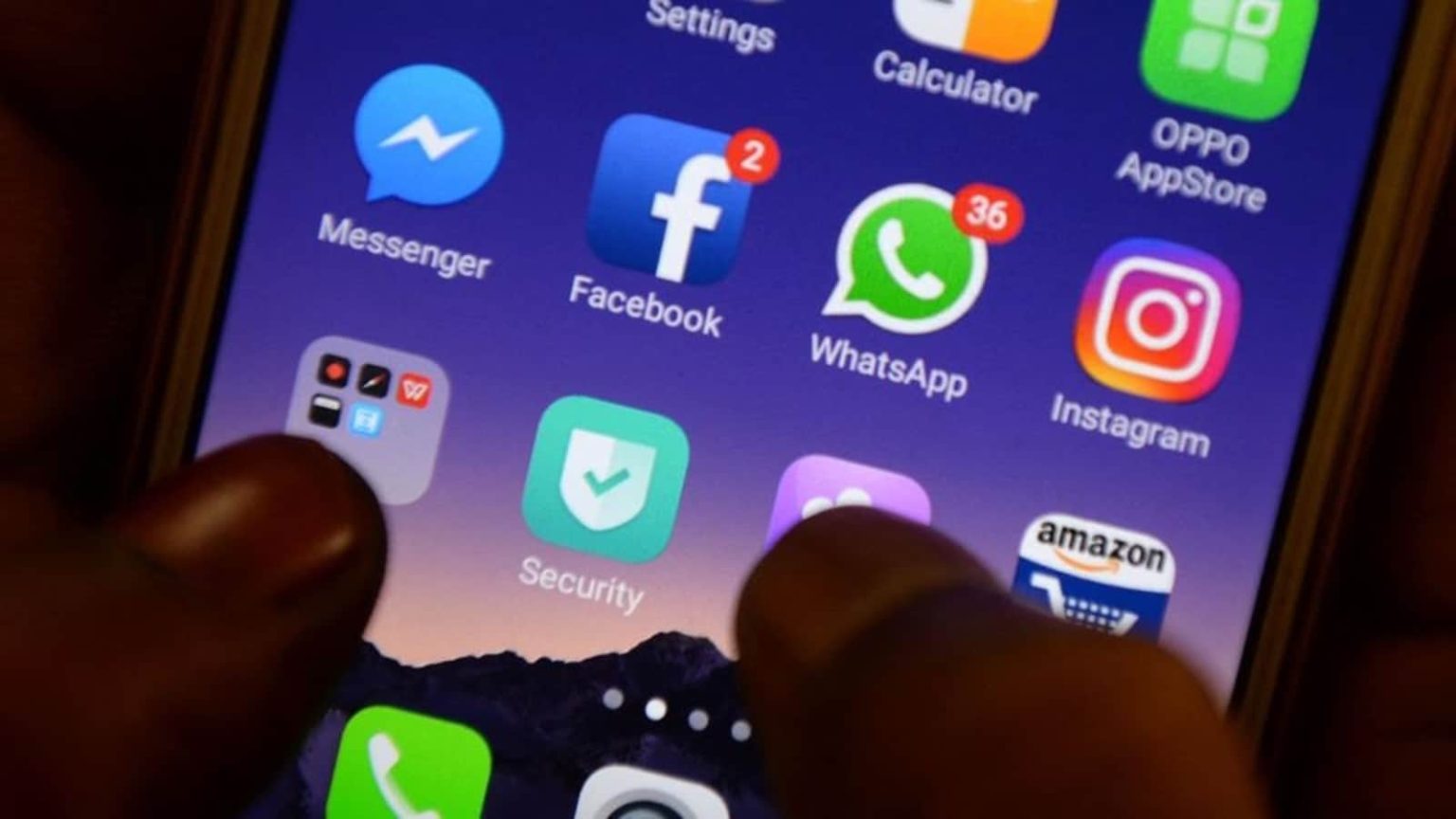Meta accounts for an overwhelming per cent of social or communication app usage in India. Combined with AI, it makes a potent weapon for Lok Sabha candidates. In July 2018, a geek named Shivam Shankar Singh presented a provocative paper at a Bengaluru tech conference. Titled `Weaponizing Data for Politics’, the presentation elaborated on how – by analysing public and not-so-public data – political parties could profile voters and deliver targeted messages to them on their mobile phones. Singh, who had then just quit from a high-profile BJP campaign team, told journalists that he had helped create constituency profiles broken down to booth levels and collated and analysed field survey data for actionable insights. Well, six years is a long time in politics and with India on the digital high road, the stage is now set for the shootout at general election 2024 between April 19 and June 1. It is certain that the all- embracive mobile phone, which includes posts, videos and stream-ins that can be vicious, funny, fake or contrarian, depending upon the troller’s appetite, will have a key role to play. “There is little doubt now that the 2024 general elections will be fought on and decided by mobile phones,” says Pavan Duggal, India’s leading cyber law expert. Not discounting live campaigning as still the politicians’ principal tool for mobilization, there is a good reason for India’s digital pre-eminence. In 2023, the country had 1.05 billion users, who access the internet via their mobile phones. When one considers that the total number of voters registered to cast their ballot in the general elections in 2024 stands at 986.8 million, it easily works out to roughly one mobile phone per voter. Says Nalin Kohli, BJP spokesperson and Convenor of its National Media Cell: “In a country where a majority of the population have smartphones and have adopted digital connectivity through banking and UPI and are receiving benefits directly through JAM (Jan Dhan-Aadhaar-Mobile), at the same time being connected with the social media, it is a huge opportunity for political parties to deal directly with such voters.”



